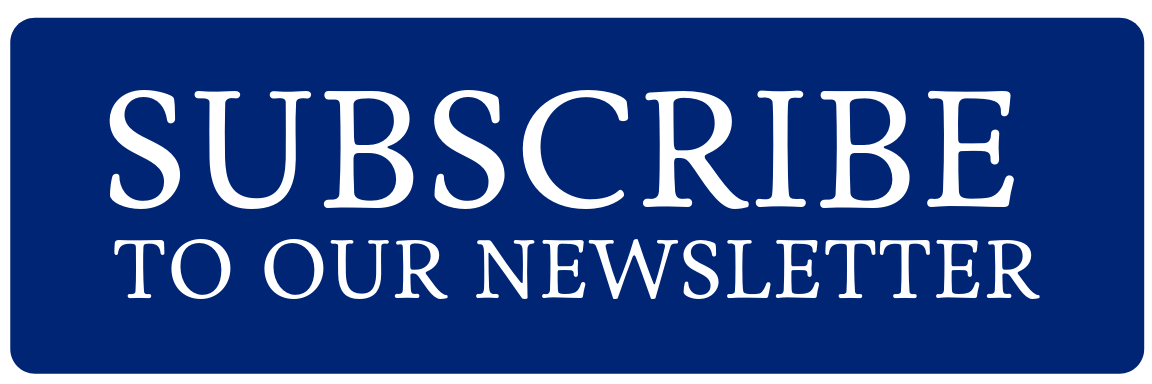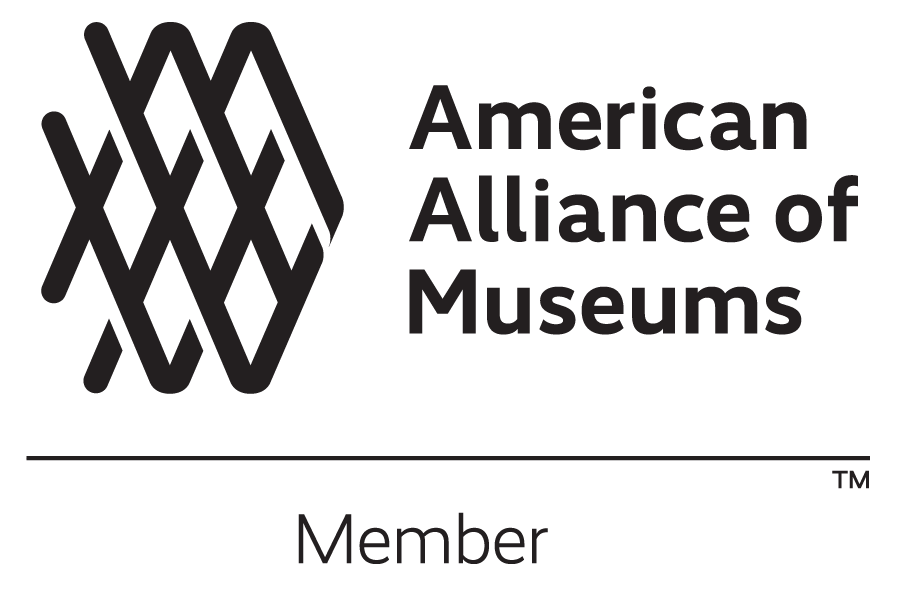The Birch Trials at Fraunces Tavern
The Birch Trials at Fraunces Tavern highlights the culminating event in the emancipation of thousands of Black Loyalists at the end of the Revolutionary War in 1783, enabling them to leave New York City. Records of approximately 3,000 of those individuals are believed to have been compiled at Fraunces Tavern and later inscribed into what would become known as the Book of Negroes. Recognition is also given to the thousands of Black Patriots who fought to further the cause of American Independence. The exhibition includes recent new discoveries of significant information concerning the identities of individuals participating in the Birch Trials and their inclusion in the Book of Negroes.
The exhibition reflects several years of exhaustive research on both sides of the Atlantic in thousands of pages of existing original documents. Museum and Art Committee Co-Chairman and Chief Curator of the exhibition, Craig Hamilton Weaver, emphasizes that "this exhibition is the most comprehensive ever organized on this tremendously significant event in the history of Black emancipation in the United States and is made all the more compelling because it can be viewed within the very walls of the building within which the events occurred."
Between May and August of 1783, as the Revolutionary War was drawing to a close, a joint British and American Commission met weekly at Fraunces Tavern. The proceedings of the Commission are known as "the Birch Trials" named after Brigadier General Samuel Birch who oversaw the proceedings. The Commission reviewed and deliberated upon the eligibility of some Black Loyalists to evacuate with the British Army. Testimonies were provided by individuals in person and through documentary evidence to enable the Commissioners to render final decisions. Given the facts that the Commissioners met at Fraunces Tavern weekly and had the responsibility "to superintend all embarkation" it is reasonable to conclude that the British and American Commissioners reviewed and compiled the lists of names for inclusion in the Book of Negroes during the course of their weekly sessions at Fraunces Tavern. The names would later be inscribed neatly into the final Book of Negroes by staff.
Visitors to the Exhibition observe chairs and a table arranged as if waiting for the Commissioners to enter the room and hear cases. The exhibition also contains reproductions of pages from the Book of Negroes as well as the advertisement in the May 30, 1783 New York Gazette stating that the Commissioners would meet every Wednesday at Fraunces Tavern. Recent discoveries featured in this newly expanded exhibition include the identities of two women, Dinah Archey and Judith Jackson, whose fates were undecided by the Commission at their hearings; but who ultimately were recorded in the Book of Negroes as having evacuated New York City on departing ships.
Lead Sponsor
Robert David Lion Gardiner Foundation
Sponsors
Melinda Hull Allison
Peter C. Hein
Mark & Deborah Kopinski
In honor of The States Family Black Loyalist Ancestors
PRESS INFORMATION
Find the 2024 exhibition press release here.
WATCH THE 2024 RECEPTION REMARKS here on YouTube as well as the DINNER REMARKS AND LECTURE here on YouTube for the 2024 expanded exhibition preview event. Lecture speakers include Elizabeth Cooke-Sumbu and Andrea Davis, Executive Director of the Black Loyalist Heritage Centre in Shelburne, Nova Scotia, Canada, both descendants of individuals listed in the Book of Negroes.
WATCH THE 2023 PREVIEW RECEPTION REMARKS: Watch remarks from the 2023 preview reception here on YouTube.
WATCH RELATED REMARKS: Watch remarks from Lenore Zann, former Member of Canada's Parliament and the House of Commons, connecting Birchtown in Nova Scotia back to The Birch Trials at Fraunces Tavern during her 2023 visit to the Museum here on YouTube, linking these two sites in a profound way. (Remarks begin at the 11:00 mark.)
SPONSORHIP OPPORTUNITIES
The Museum is offering recognition opportunities for those who financially underwrite the infrastructure, production, and maintenance costs of this exhibition, at the following sponsorship tiers (payable in two installments, if desired):
$1,000 for Sponsors
$5,000 for Sustaining Sponsors
$10,000 for Lead Sponsors
$25,000 for Benefactors
To discuss sponsorship opportunities and/or to arrange a site visit, or if you have further questions, please do not hesitate to reach out to Scott Dwyer, Executive Director, at (212) 425-1779 or sdwyer@frauncestavernmuseum.org.





